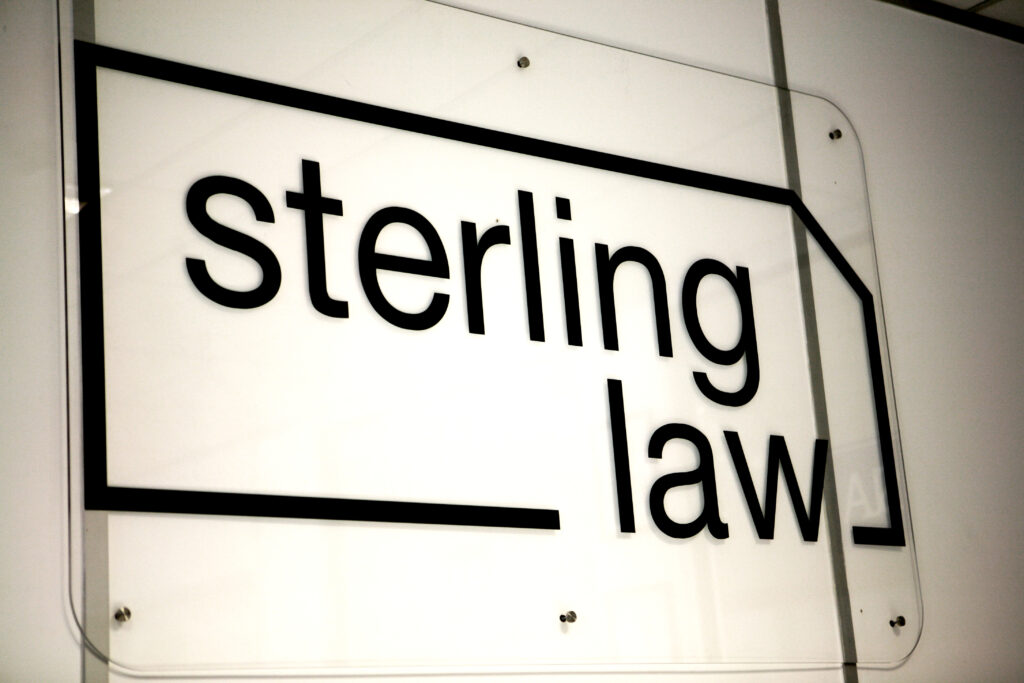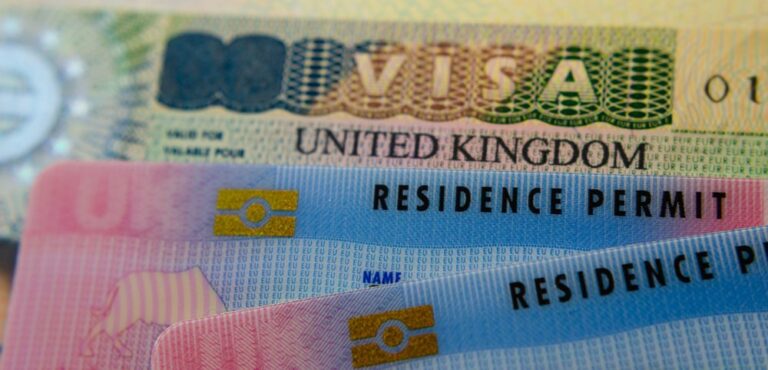Successful appeal for EEA family member

Our Immigration lawyer, Josephine Smith, successfully represented our clients in the recent landmark appeal, where the Court overturned the Home Office’s decision and held that minors qualify as family members of a relevant EEA citizen who is an unmarried durable partner of their father.
Background
Our clients are nationals of Turkmenistan who resided with their grandparent. They have a father in the UK who resides here with pre-settled status as an unmarried durable partner of an EEA citizen. In October 2019, our clients applied for Family Permits under Appendix EU and were subsequently refused in November 2019. Further to this, they reapplied unsuccessfully in March 2020 and were refused again in September 2019.
The Issue
Neither the fact that their father’s partner is exercising Treaty rights nor that the father himself is her durable partner was an issue. The Home Office stated that the issues were:
- There is insufficient evidence that our clients are family members of a relevant EEA citizen or their spouse or civil partner
- It was noted that their father was the unmarried partner of a relevant EEA citizen; therefore, they did not fall within ‘family member’ as defined as there was no marriage certificate for the father and his partner.
Put briefly, the issue was: “Do the Appellants fall within the definition of ‘family member”, bearing in mind that our clients are not counted as children of their father’s partner because their father is not married to his partner?
Do you have similar issue, contact us and we will help you
The Court’s findings
The court asses the following parts of the relevant legislation:
Article 9 of the Withdrawal Agreement states:
- “family members” means the following persons, irrespective of their nationality, who fall within the personal scope provided for in Article 10 of this Agreement:
(i) (family members of Union citizens or family members of United Kingdom nationals as defined in point (2) of Article 2 of Directive 2004/38/EC of the European Parliament and of the Council
In the meantime, according to Article 2(2) of Directive 2004/38/EC, family member means:
(a) the spouse;
(b) the partner with whom the Union citizen has contracted a registered partnership, on the basis of the legislation of a Member State, if the legislation of the host Member State treats registered partnerships as equivalent to marriage and in accordance with the conditions laid down in the relevant legislation of the host Member State;
(c) the direct descendants who are under the age of 21 or are dependants and those of the spouse or partner as defined in point (b);
(d)the dependent direct relatives in the ascending line and those of the spouse or partner as defined in point (b);
The Court also paid attention to Article 3(2) of Directive 2004/38/EC, which states
|
Without prejudice to any right to free movement and residence the persons concerned may have in their own right, the host Member State shall, in accordance with its national legislation, facilitate entry and residence for the following persons: (a) any other family members, irrespective of their nationality, not falling under the definition in point 2 of Article 2 who, in the country from which they have come, are dependants or |
|
members of the household of the Union citizen having the primary right of residence, or where serious health grounds strictly require the personal care of the family member by the Union citizen; (b) the partner with whom the Union citizen has a durable relationship, duly attested. |
In the light of the above, the Court decided that our clients do fall within the definition of a family member.
The Court also decided to go further and consider our clients’ family and private rights under Article 8 of the ECHR. The Court’s main question was whether interfering with the Appellant’s right to respect for family life (and private life insofar as it applies) is proportionate to the legitimate public end sought to be achieved, i.e. the public interest in the maintenance of effective immigration controls?
By bearing in mind that
- The Home Office does not appear to have considered the best interest of our minor children to be with their father,
- There is clear discrimination in law, where the EEA Regulations allowed children of durable partners to qualify for entry, bit Appendix EU does not
- If our clients remain in Turkmenistan, their father may well have to relocate there in order to care for them, which will negatively affect his relationship with his partner, and if his partner relocated to Turkmenistan, then she would be deprived of her rights as an EEA national.
It was decided that the Home Office’s decision was not proportionate, and the Home Office breached its obligations under Article 8.
The Court allowed an appeal on both grounds on 1 August 2022. Our clients are now on the way to reuniting with their father in the United Kingdom.
Do you have similar issue, contact us and we will help you
Other Similar Successful cases:
- Legalisation after 18 years without status is UK
- Successful appeal for a residence card as a former spouse of EEA national and a fee award
- Appeal allowed on human rights grounds








